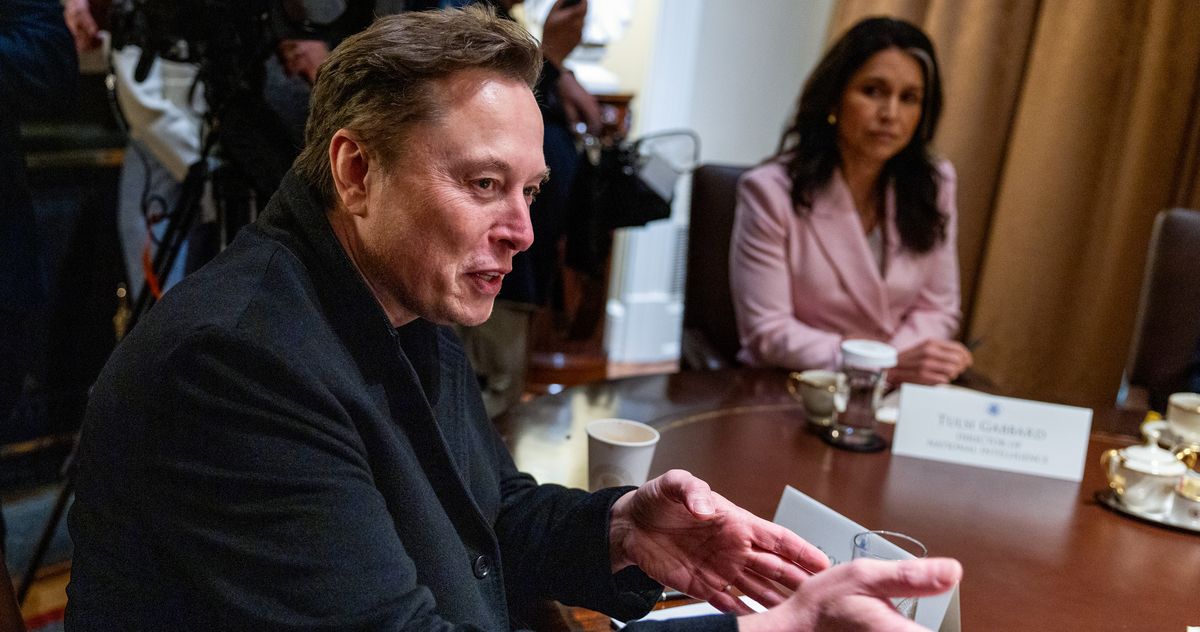
"By moving fast and breaking things, the Department of Government Efficiency seeks to reshape federal bureaucracy but raises concerns about the unseen chaos it creates."
"Despite Musk's initial $2 trillion saving predictions for DOGE, actual fiscal improvement is negligible, contributing $154 billion more in spending than in Biden's second year."
"The chaos instigated by DOGE casts doubt on whether the disorder is resulting in valuable governmental efficiency or merely breeding inefficiency across the public sector."
"Key components like Social Security and Medicare remain unaltered, revealing deeper systemic issues protecting certain expenditures from efficiency reforms."
The Department of Government Efficiency (DOGE), led by Elon Musk, aims to cut wasteful spending and streamline operations, yet the tangible outcomes are troubling. Although Musk initially promised $2 trillion in savings, recent reports indicate a $154 billion increase in federal spending compared to the previous administration. This chaos-induced environment is creating fear among federal employees, hampering productivity while failing to significantly reduce spending, particularly in protected areas like healthcare and social security. The question remains whether this approach will lead to meaningful improvements or just greater inefficiency in government operations.
Read at Intelligencer
Unable to calculate read time
Collection
[
|
...
]